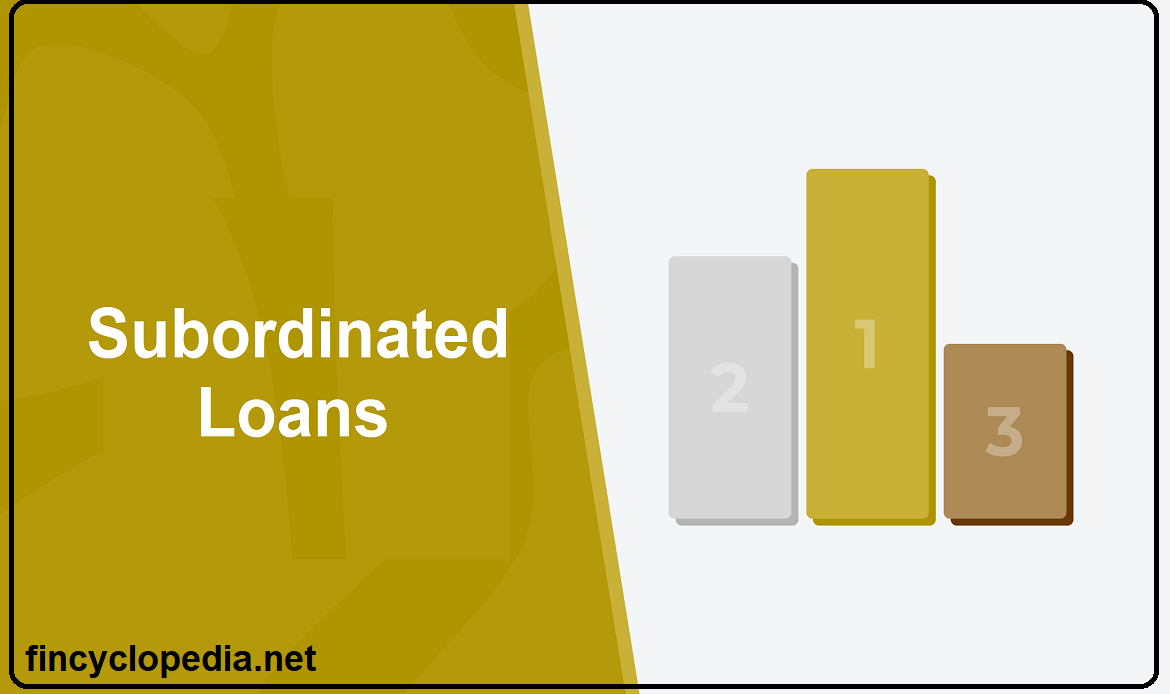A type of debt or obligation that is secured or backed by a certain economic resource (assets, property, and other types of collateral). The debt/ obligation is secured or protected by a guarantor, or collateralized by a lien on specific assets of the borrower for any case of a bankruptcy or liquidation or inability to meet the terms for repayment and settlement. Secured debt is issued or created with a certain collateral pledged or placed to the creditor. In multiple types of loans, such as mortgages and car loans, the creditor (lender) has a right to seize the underlying assets if payments are not made as per agreement.
A secured debt may take the form of a secured debt security– i.e., a type of fixed-income security that provides investors with a higher level of protection compared to unsecured debt securities. Such a security is backed by certain assets or collateral that serve as a guarantee for the investors (holders). By having collateral tied to the security/ instrument, the issuer limits the potential losses that investors may face in case of default. Specifically, in the event of default, the collateral (collateralized assets) can be seized and liquidated to repay the investors. Unlike unsecured debt securities, which depend entirely on the issuer’s creditworthiness, secured securities provide an additional layer of protection. However, the lower risk involved entails a lower risk premium, and consequently a lower return.






